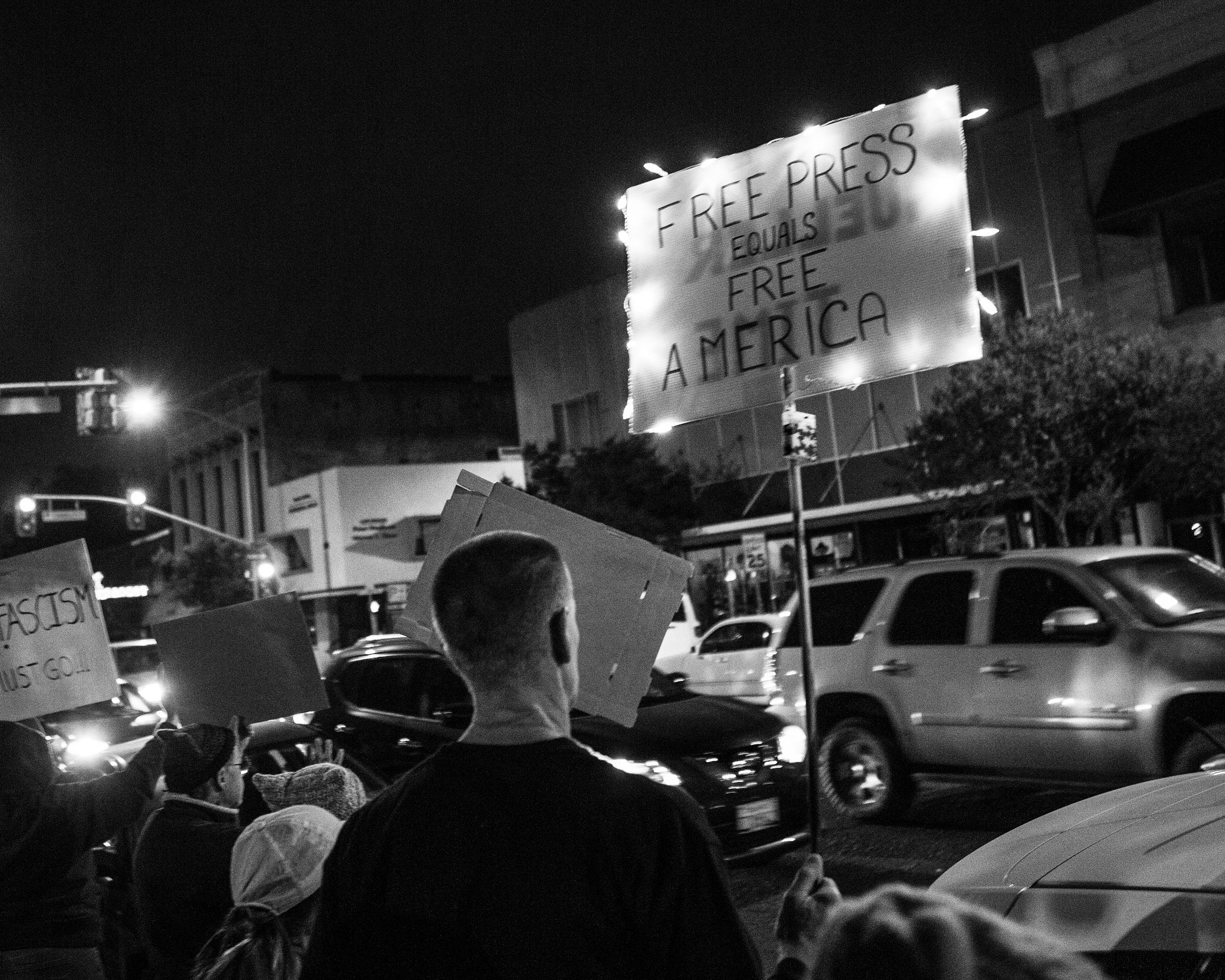Welcome to the Dystopian Future
Orwell, Huxley, and Bradbury tired to warn us.

They told us this was coming. Orwell, Huxley, Bradbury. They wrote their warnings in ink, bound them in paper, and left them on our shelves. And yet here we are, sleepwalking through the future they tried to prevent, muttering that everything is fine while the walls close in.
It didn’t happen overnight. That’s the trick. Dystopia rarely arrives with a grand speech or a dramatic march of soldiers. It seeps in. The cameras went up for safety, the data collection for convenience, and the billionaires for innovation. We welcomed it all. After all, what’s the harm? You have nothing to hide, right?
And now? Now, we live in a world where private companies track our every move, and algorithms know us better than our families. We carry surveillance devices in our pockets, willingly feeding them our thoughts, locations, and desires. The state doesn’t need to watch us; we do it to ourselves, handing over our lives in exchange for dopamine hits and same-day delivery.
In his book 1984, Orwell imagined oppression through force. In Brave New World, Huxley through pleasure, and in Fahrenheit 451, Bradbury warned of a world where people stopped thinking altogether. We got all three. The government doesn’t need to burn books if we’re too distracted to read them. The corporations don’t need to silence dissent if they can drown it in an ocean of noise. What’s one voice of reason against a million screaming into the void?
Fake news propaganda floods every platform, shaping reality for those too exhausted or disinterested to question it. YouTube algorithms push radicalization, leading users down endless rabbit holes of conspiracy theories and manufactured outrage. The modern indoctrination doesn’t require a state-run ministry of truth—it thrives in monetized clicks and engagement metrics, turning misinformation into entertainment.
And then, Trump and Musk stepped in, not as saviors but as opportunists. They took power not by force, but by spectacle, feeding on the disillusionment of a population that had long given up on traditional institutions. They wrapped themselves in the language of rebellion while consolidating control. They sold the idea that they alone could fix everything, while dismantling what little remains of the system meant to hold them accountable.
Musk likes to play the role of a 21st-century industrialist, promising utopia while he guts public institutions. He positions himself as a free-speech absolutist while turning his platform into a plaything for reactionaries and con artists. His followers chant his name as he stumbles through one half-baked scheme after another, burning through goodwill and capital like a toddler let loose with matches. They call him a genius. It’s unclear what he’s actually built that wasn’t first propped up by government funding and workers he treats like disposable parts.
Then there’s Trump. The bloated caricature of every authoritarian warning sign in history books. He doesn’t need subtlety. He’s pure spectacle. A man so openly corrupt, so proudly ignorant, that his success alone proves the system is broken beyond repair. He shouts about rigged elections while openly plotting ways to rig them in his favor. He calls his enemies criminals while stacking his inner circle with convicted felons. He’s a man who could stand in front of a burning library and claim it was fake news, and millions would nod along.
Meanwhile, corporations run the show, not governments. They rewrite labor laws, buy up politicians, crush competition before it even gets started. They’ve created a world where survival means playing their game—endless subscription fees, never-ending upgrades, a digital leash wrapped around our necks. Want to exist? Pay up. Want privacy? Too bad. The concept is dead.
The billionaires, the politicians, the tech overlords—they don’t care about us. We are data points, revenue streams, obstacles to be managed. The American Dream was always a lie, but at least it used to be a convincing one. Now, it’s a joke. Work hard, play by the rules, and you, too, can afford rent while a man-child in a rocket ship makes more in a day than you will in a lifetime.
And yet, most people refuse to see it. They cling to the illusion that everything is normal, that this is just how things are, that the collapse of democracy will come with a press release instead of a slow, quiet strangulation. They believe if they keep their heads down, if they don’t make noise, they’ll be left alone. But dystopia doesn’t leave people alone. It absorbs them. It thrives on complacency.
We weren’t supposed to end up here. But here we are. And the worst part? This isn’t even the bottom.
cp out.


